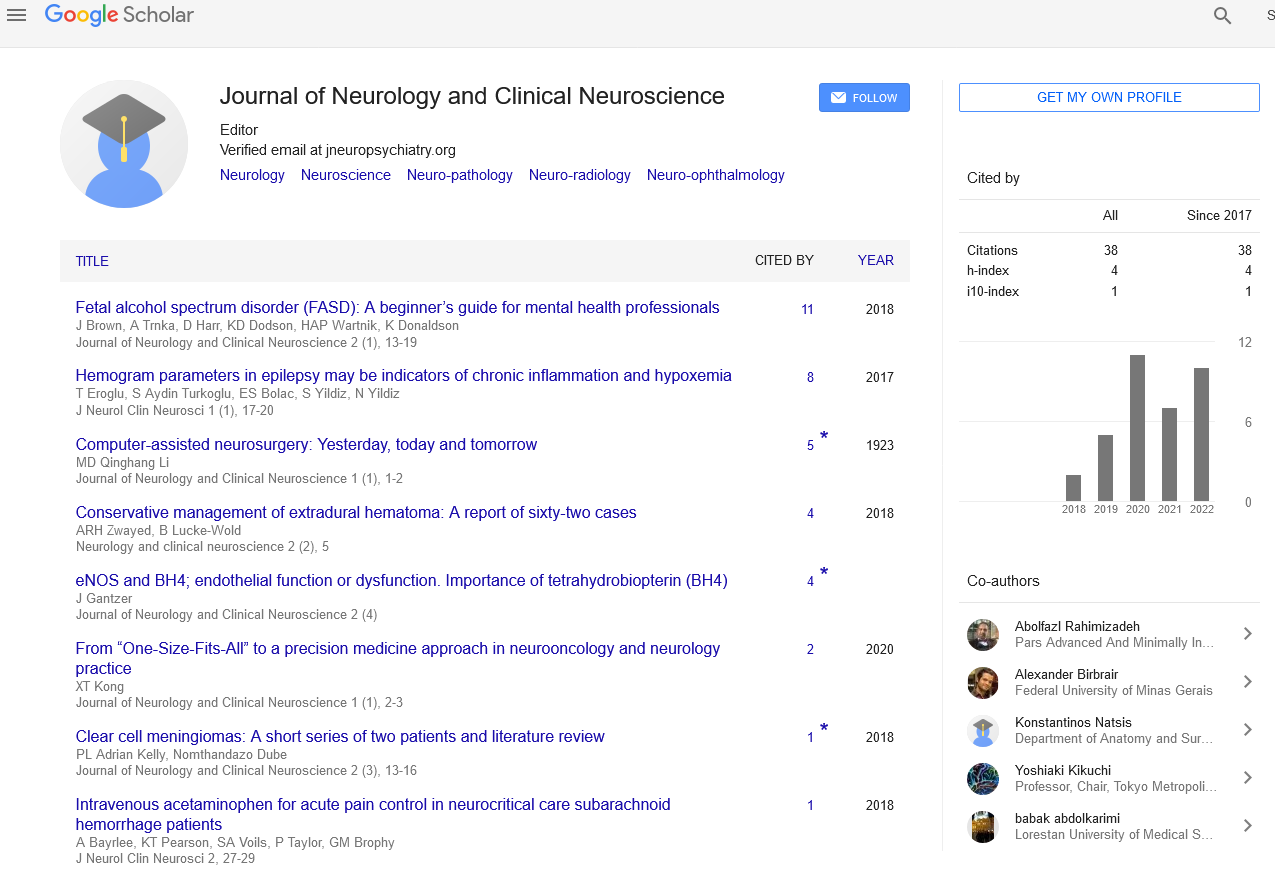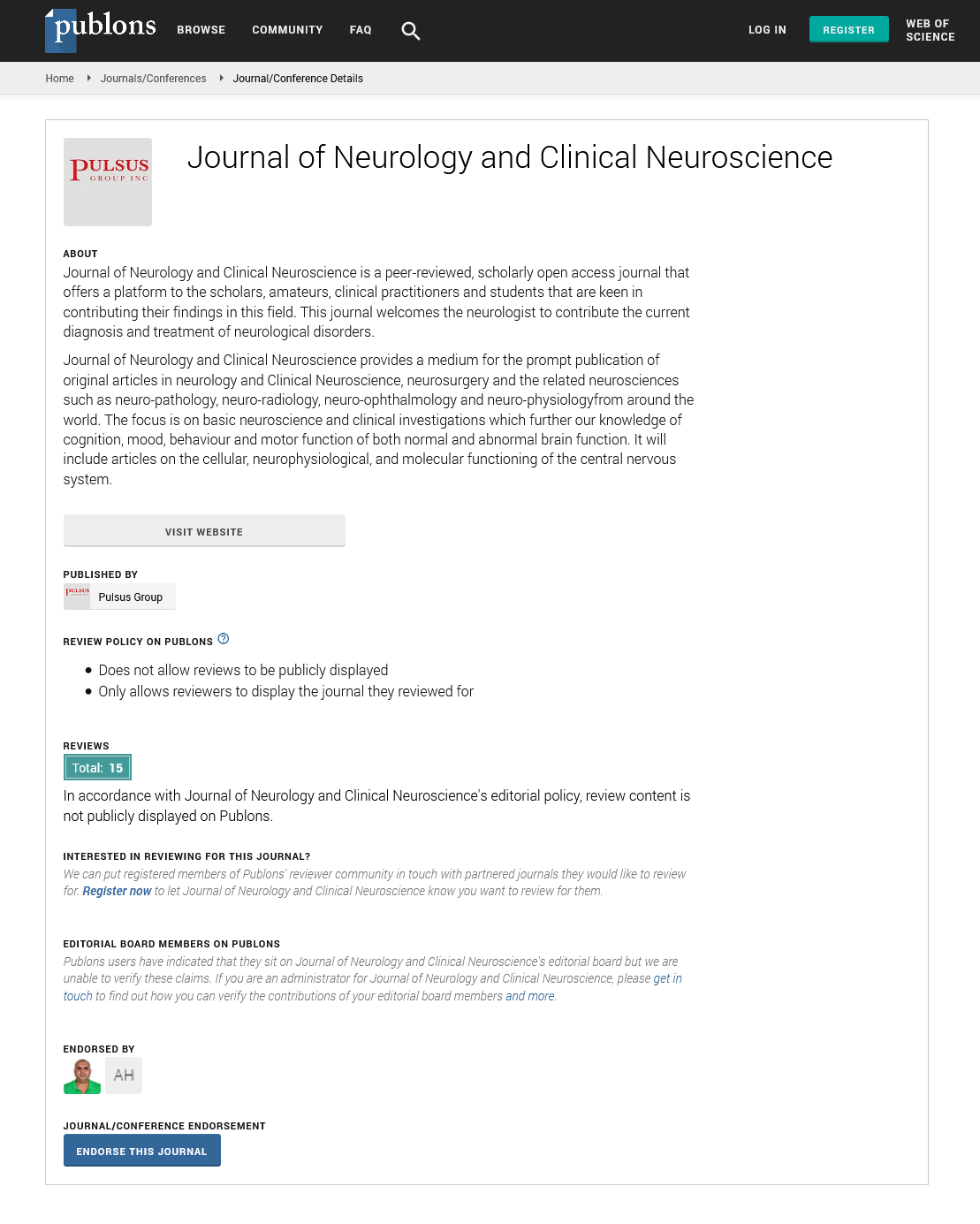Sign up for email alert when new content gets added: Sign up
Neuroplasticity and resolving relational trauma
8th World Congress on NEUROLOGY AND THERAPEUTICS
June 29-30, 2023 | London, UK
Christy Wise
Life Sauce.Org, USA
ScientificTracks Abstracts: J Neurol Clin Neurosci
Abstract :
This workshop focuses on the effectiveness of Neuroplasticity on Relational Trauma: Researchers previously maintained the strong belief that the ability to heal trauma was not only difficult but unlikely. This thought was held firmly because they believed that trauma permanently rewires your brain in ways that cannot be changed. Further deep-seated trauma such as relational trauma was seen as close to impossible to heal from. Why? Because, when a primary caregiver cannot fully attune, and is not emotional available, the ability to attach becomes confusing and inconsistent. The ultimate effects of relational trauma can include a deeply impaired ability to trust others, feelings of unsafety in the environment, difficulty establishing boundaries and long-term relational struggles. With a heightened stress response, inappropriate or heightened emotional or physiological responses occur. Ultimately creating a decreased sense of self-worth, one begins to internalize the sense of not be “good enough” to have their needs met, leading to poor partner choices, and additional relational trauma. However, what we have learned from modern neuroscience is that the human brain is ultimately shaped by all experiences, which changes the brain structure and functioning. Just like traumatic event can create neural pathways, so can positive therapeutic experiences. Neuroplasticity ultimately revealed that trauma does not have to be written in stone. It’s true, in fact, that the human brain that has been rewired because of relational trauma can be also rewired yet again as a result of healing, or therapeutic experiences. This can help clients heal from relational trauma by building new and better neuro pathways in their brains that allow them to identify, build, and practice new coping skills. This process can eventually lead them to consciously create and build healthier attachments and better relationships. Three learning objectives stated in behavioral terms; • Demonstrate knowledge of the correlation between relational trauma and traumatic, adult object choices. • Describe the importance of Neuroplasticity and the building of new neural pathways in the brain. • Explain how early attachments and primary caregivers play critical roles in the management of adult relational trauma. Recent Publications 1. Christy W. Mass incarceration: Psychological issues impacting men, women, and children
Biography :
Christy Wise, is a highly sought-after expert in the field of Human Behavior, She Wise is recognized as one of today’s most insightful thought leaders. Utilizing foundational techniques mixed with original thought, education, and experience, she makes genuine, lasting change both in her clients and the field of personal development. An internationally speaker, author, coach and retired psychologist, She has changed the lives of hundreds of thousands of peoples. With over 35 years of experience Dr. Wise creates the most usable techniques through her online personal development company Life-Sauce.com, and today she has dedicated her career to deepening and widening her positive impact.





